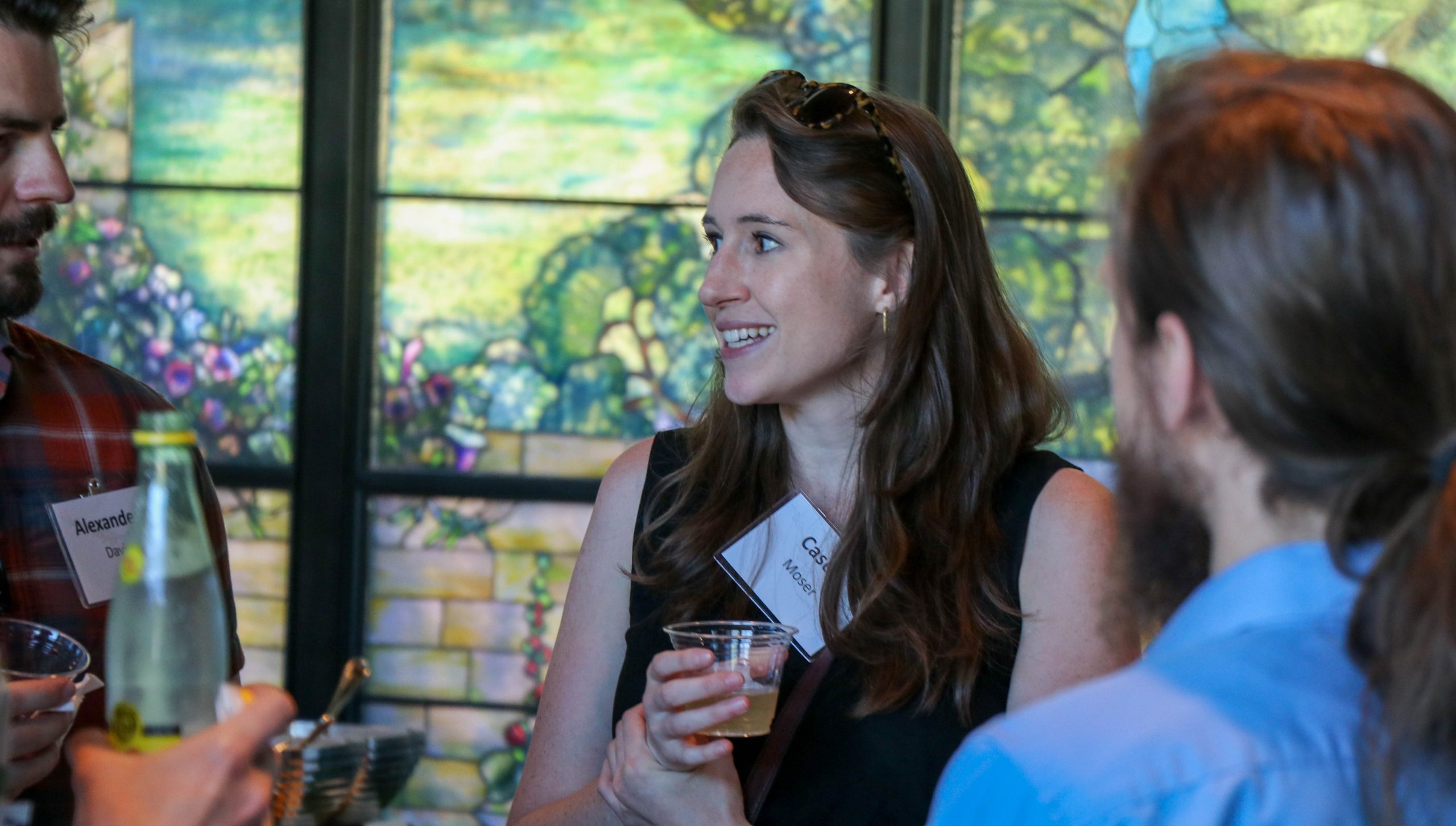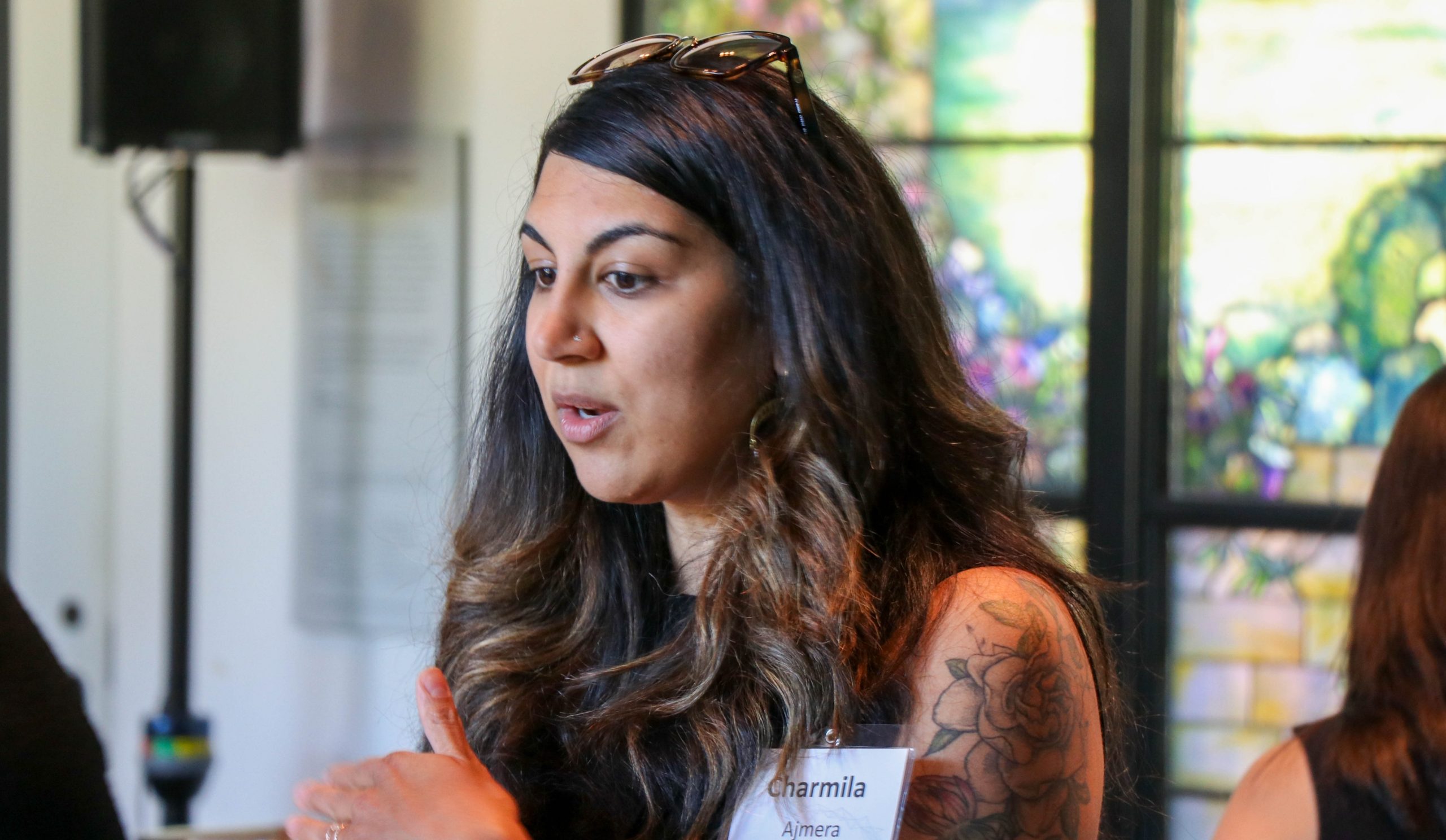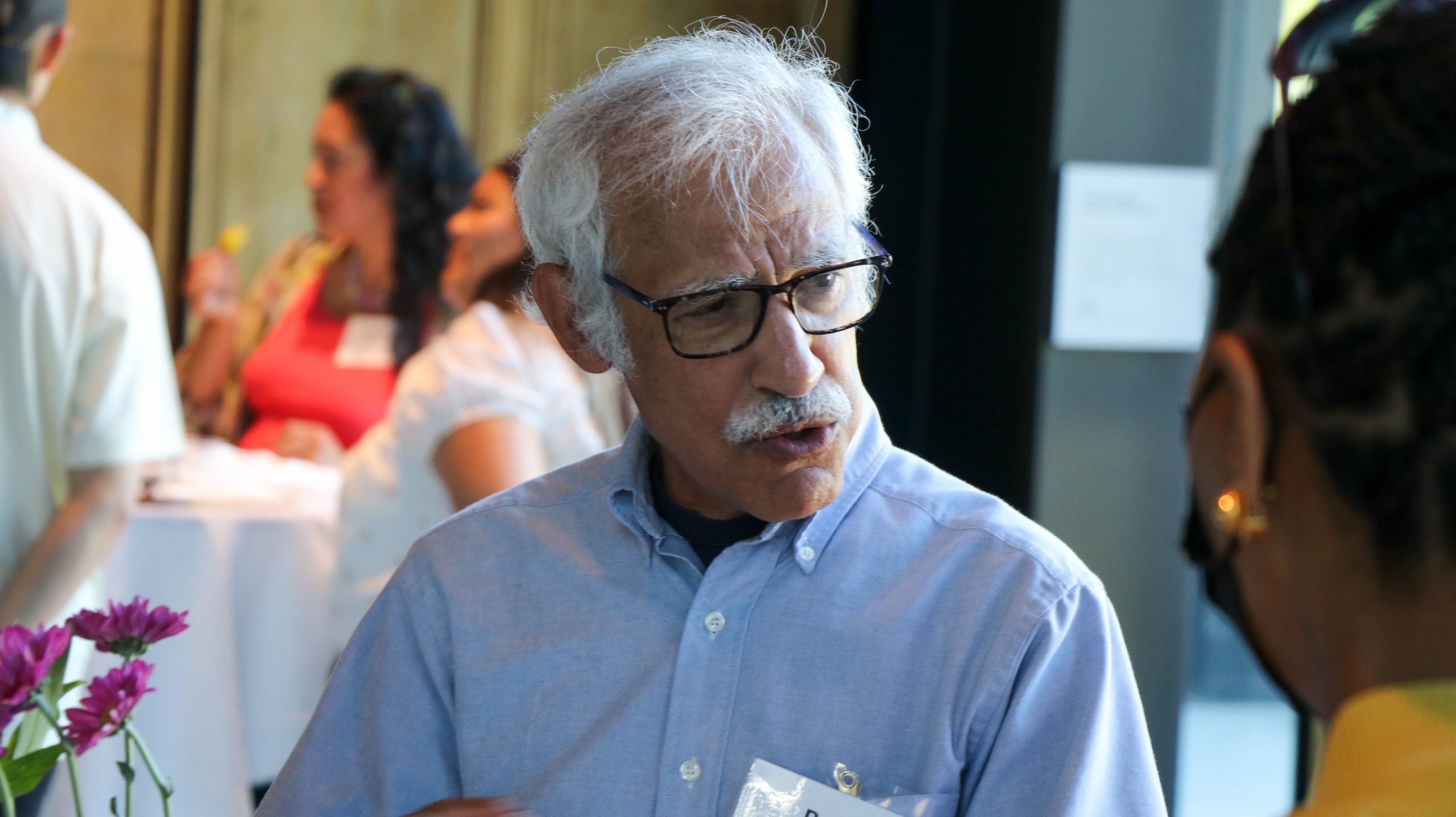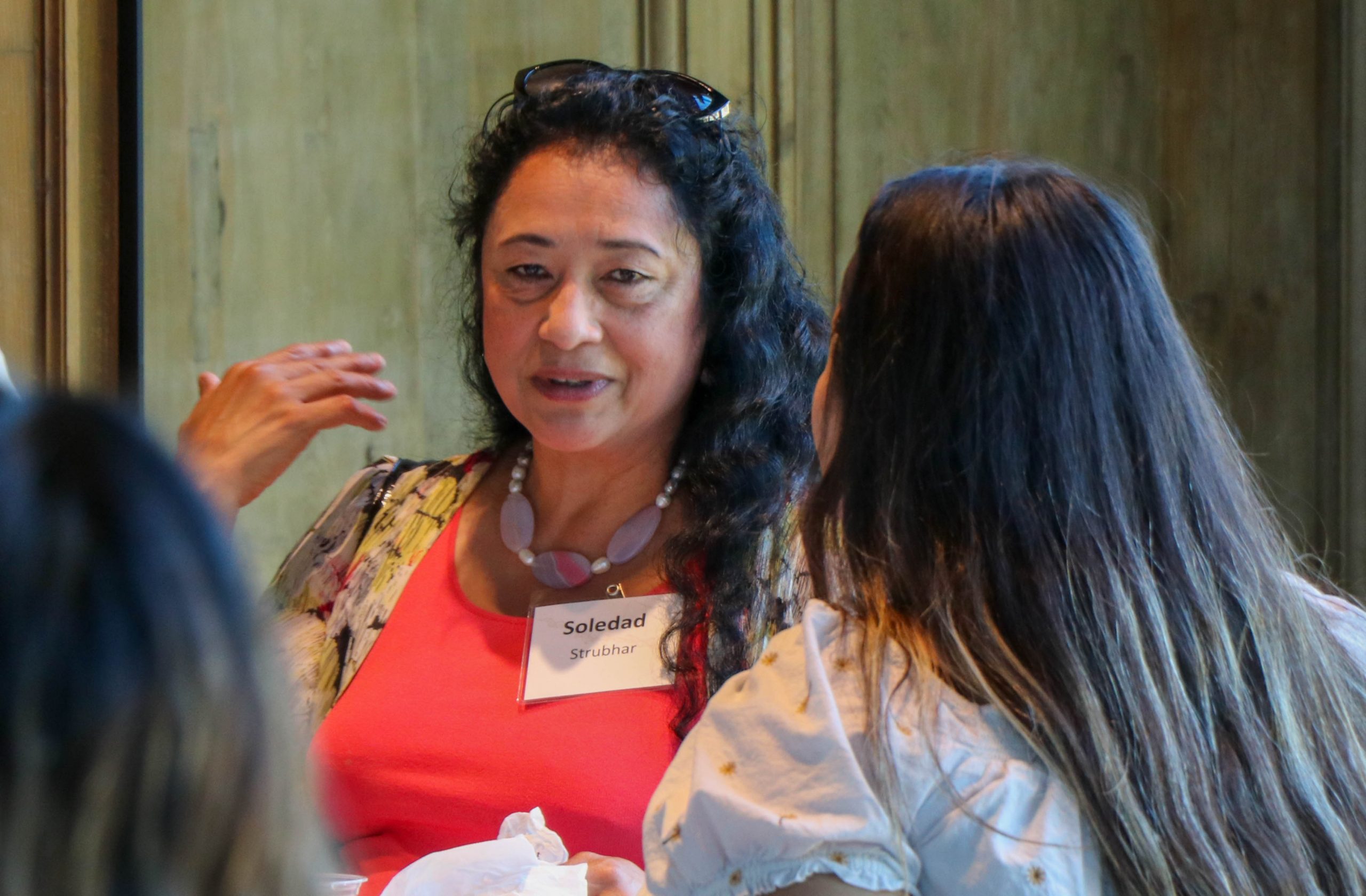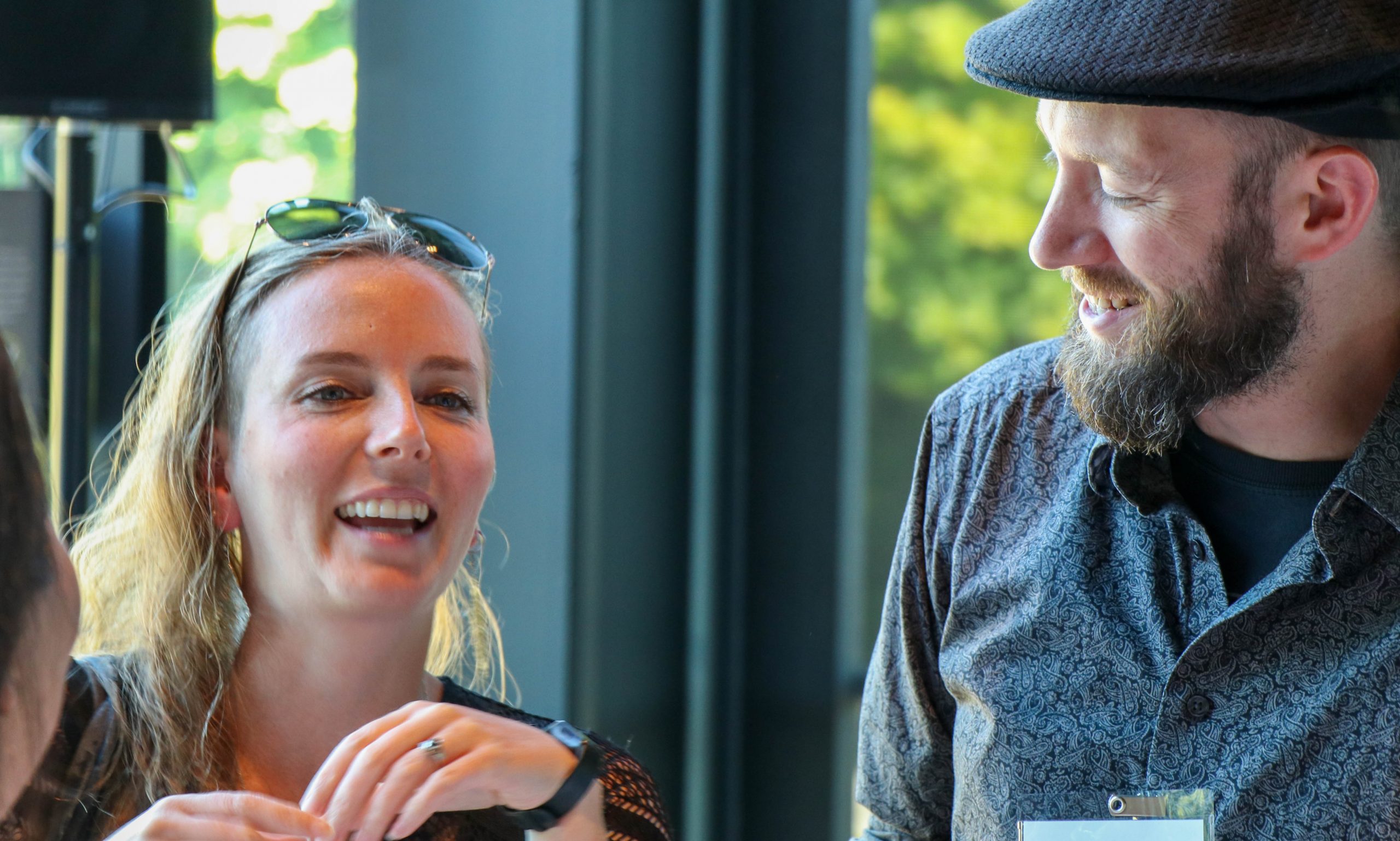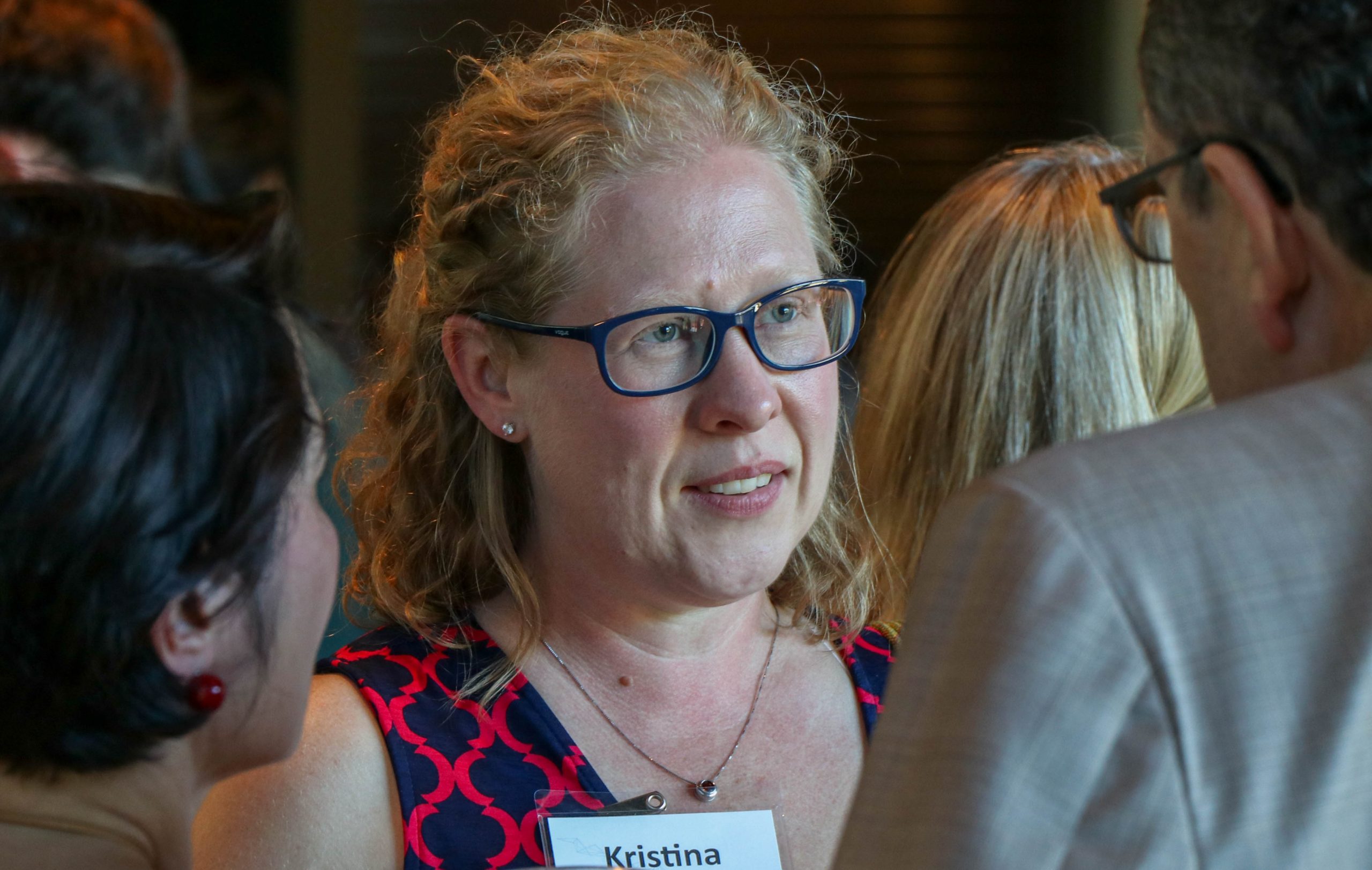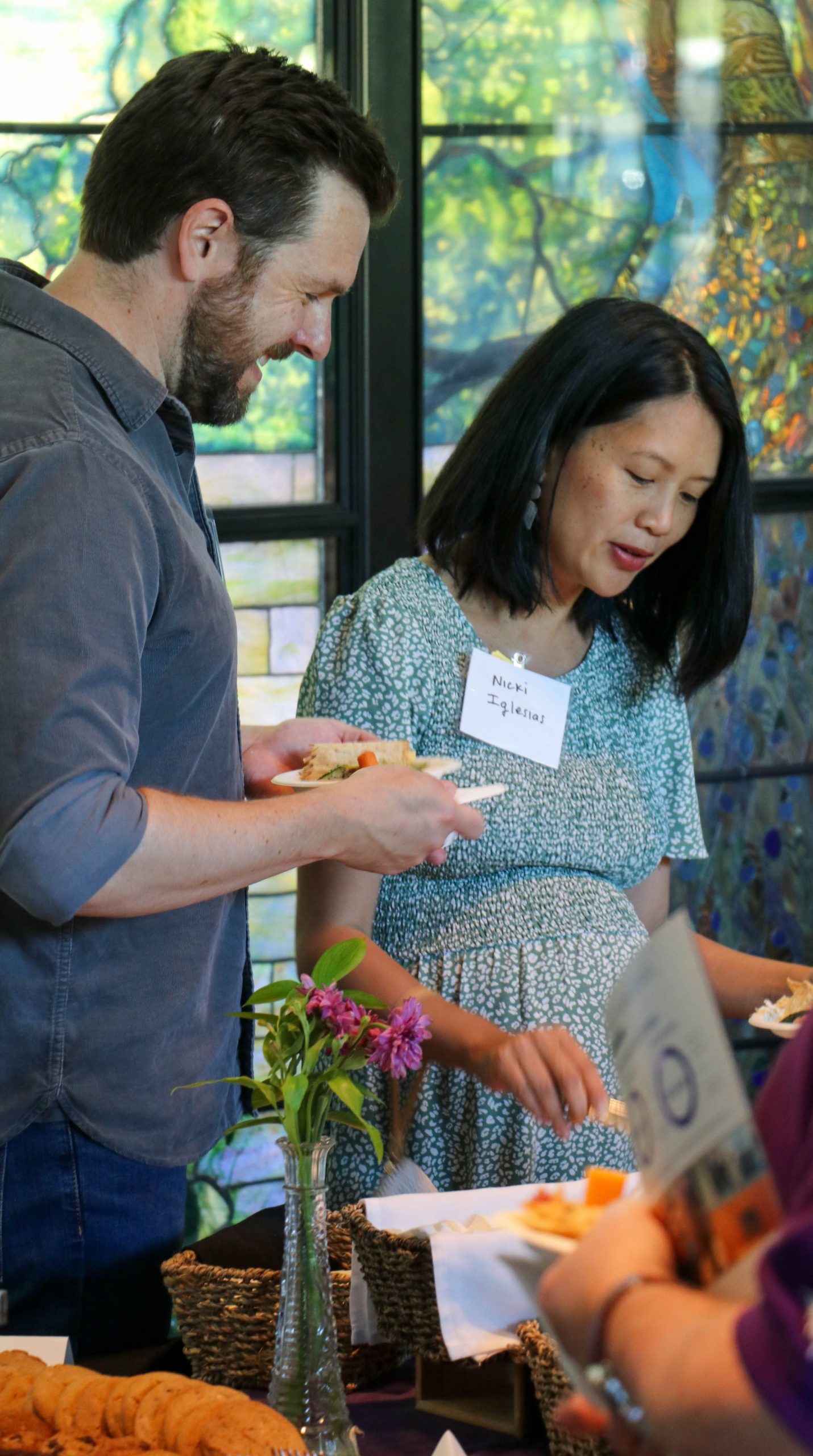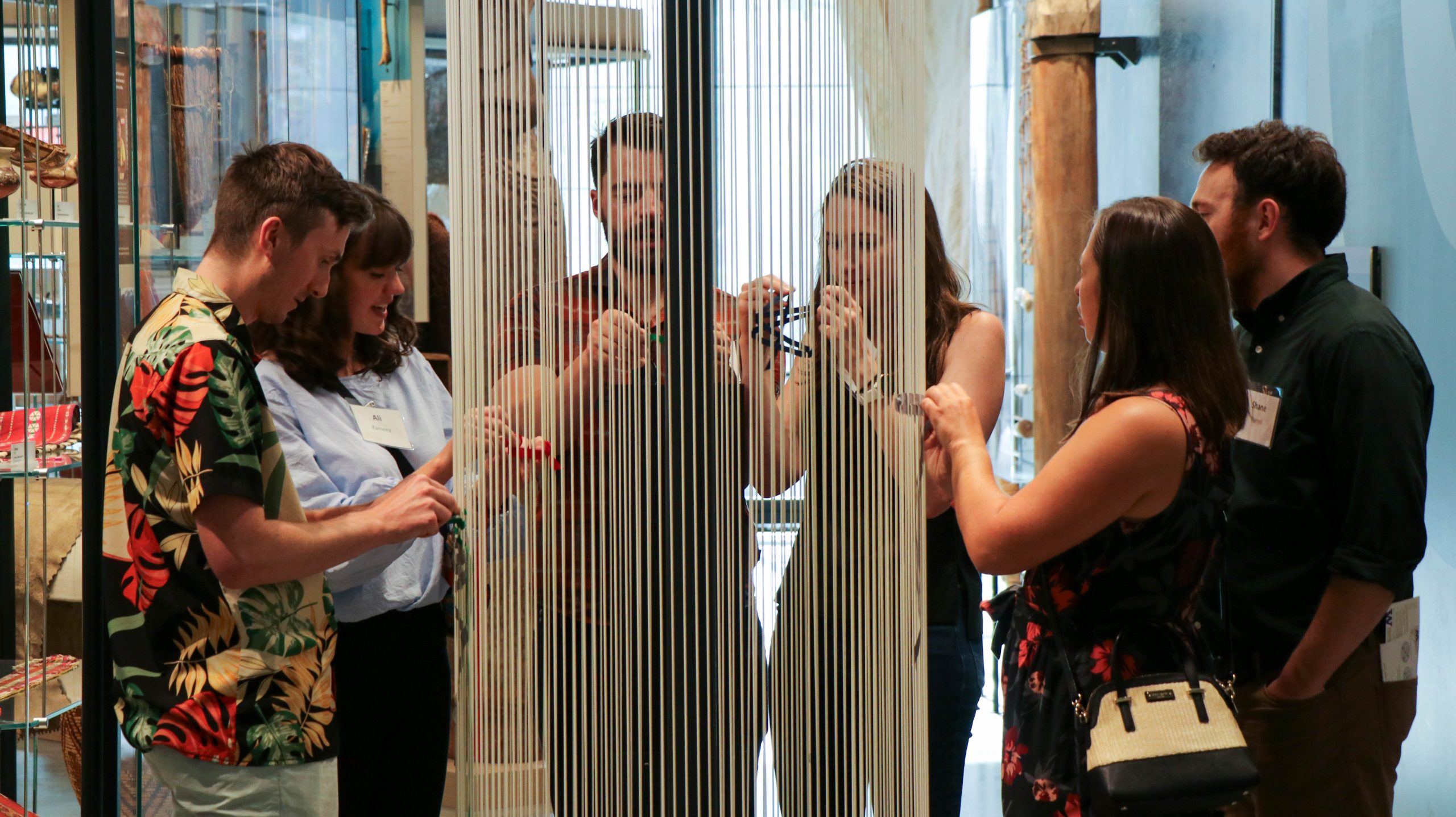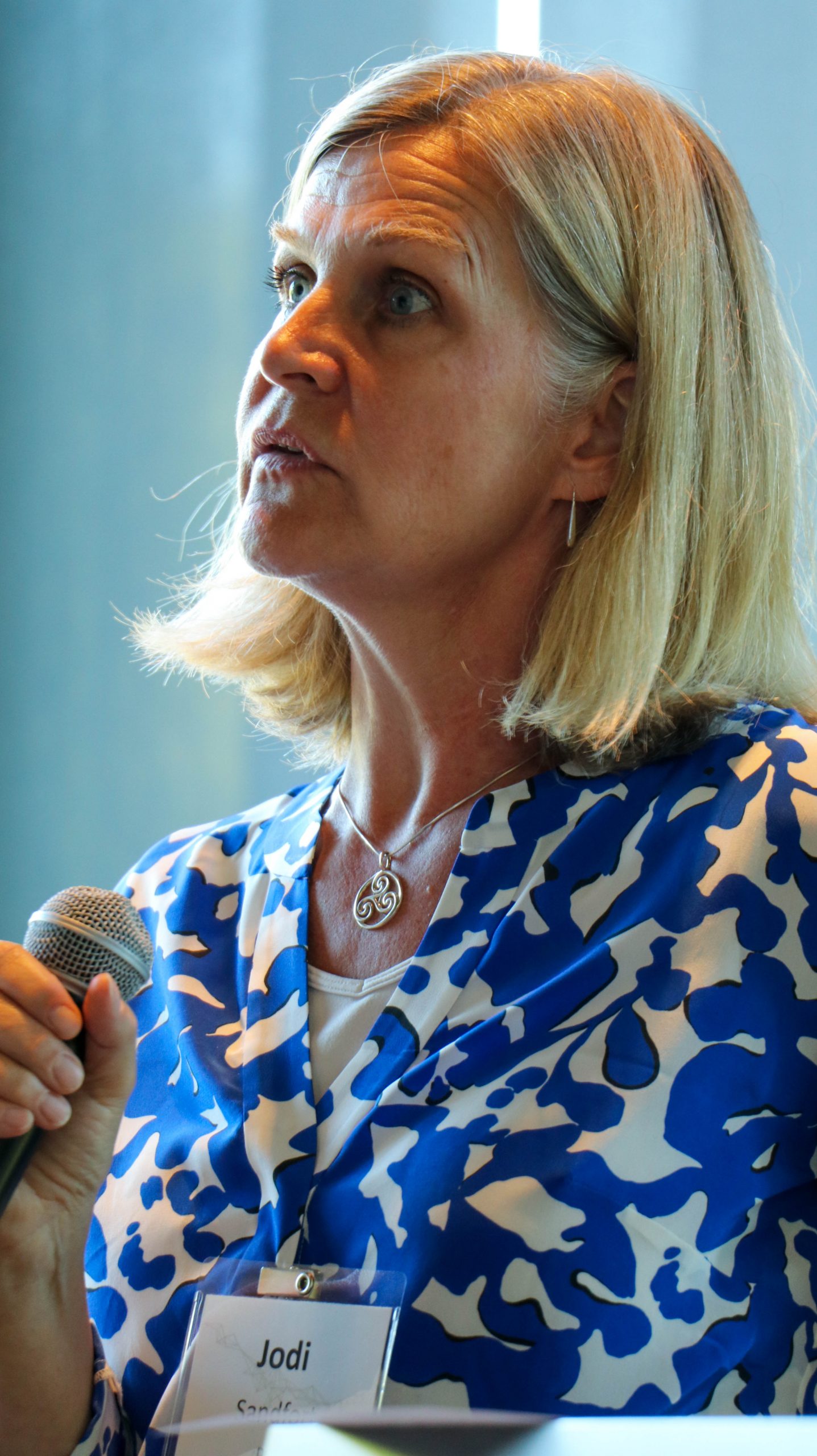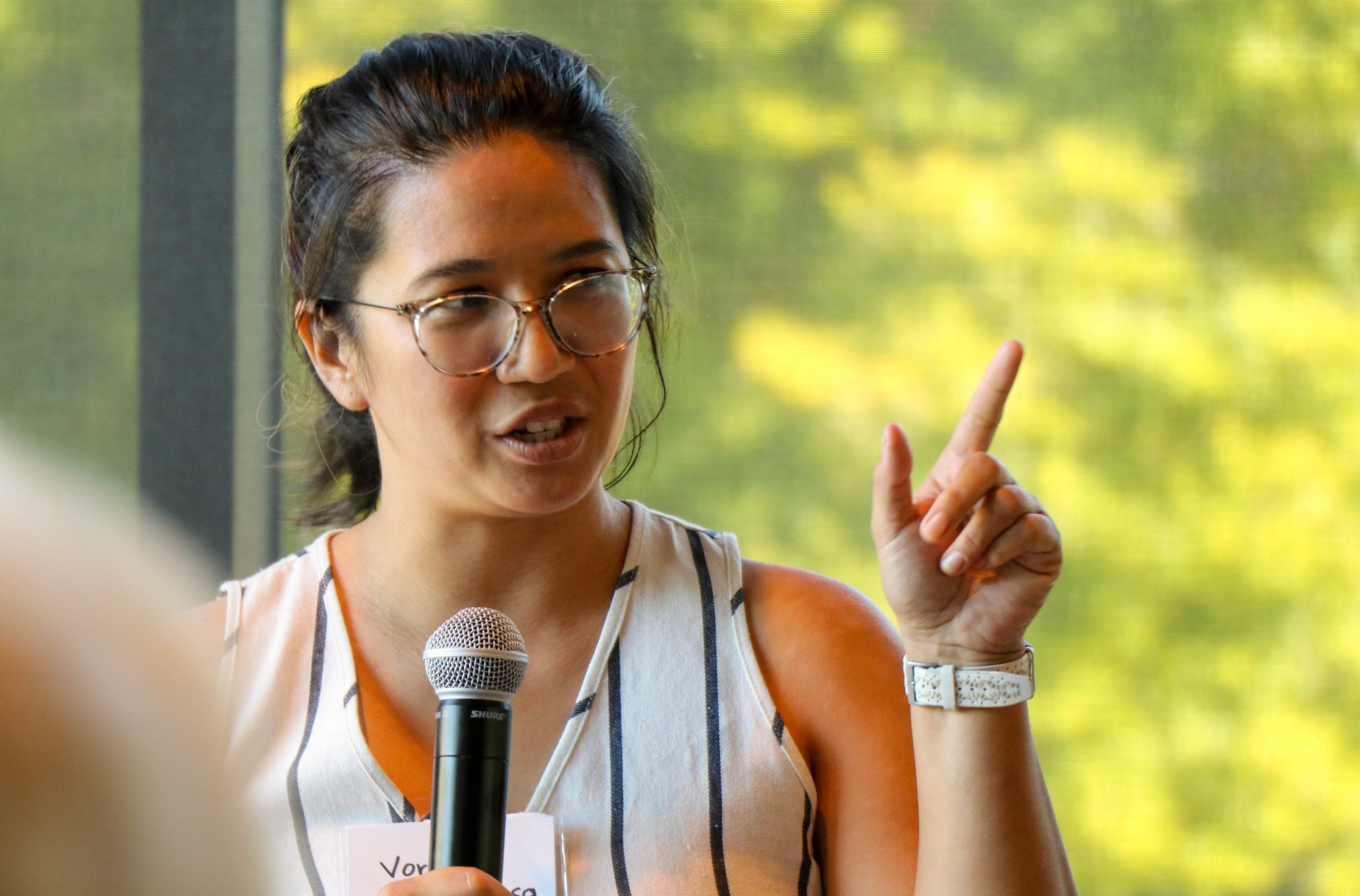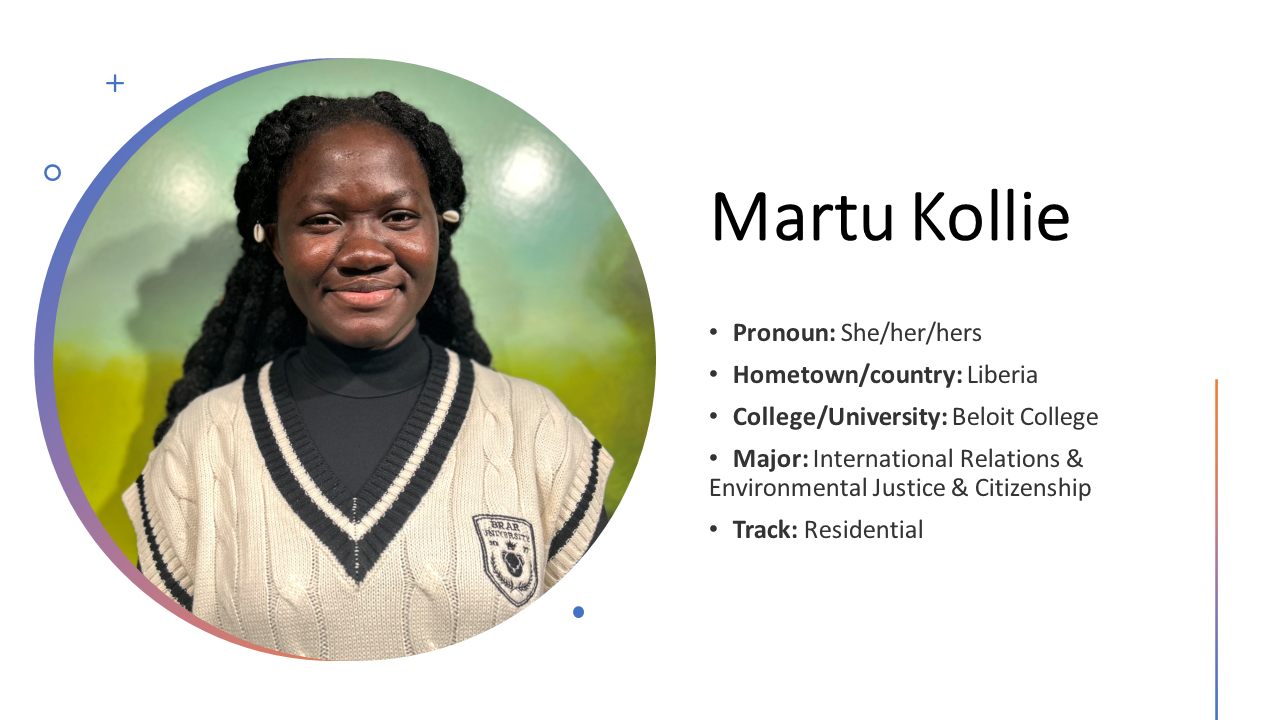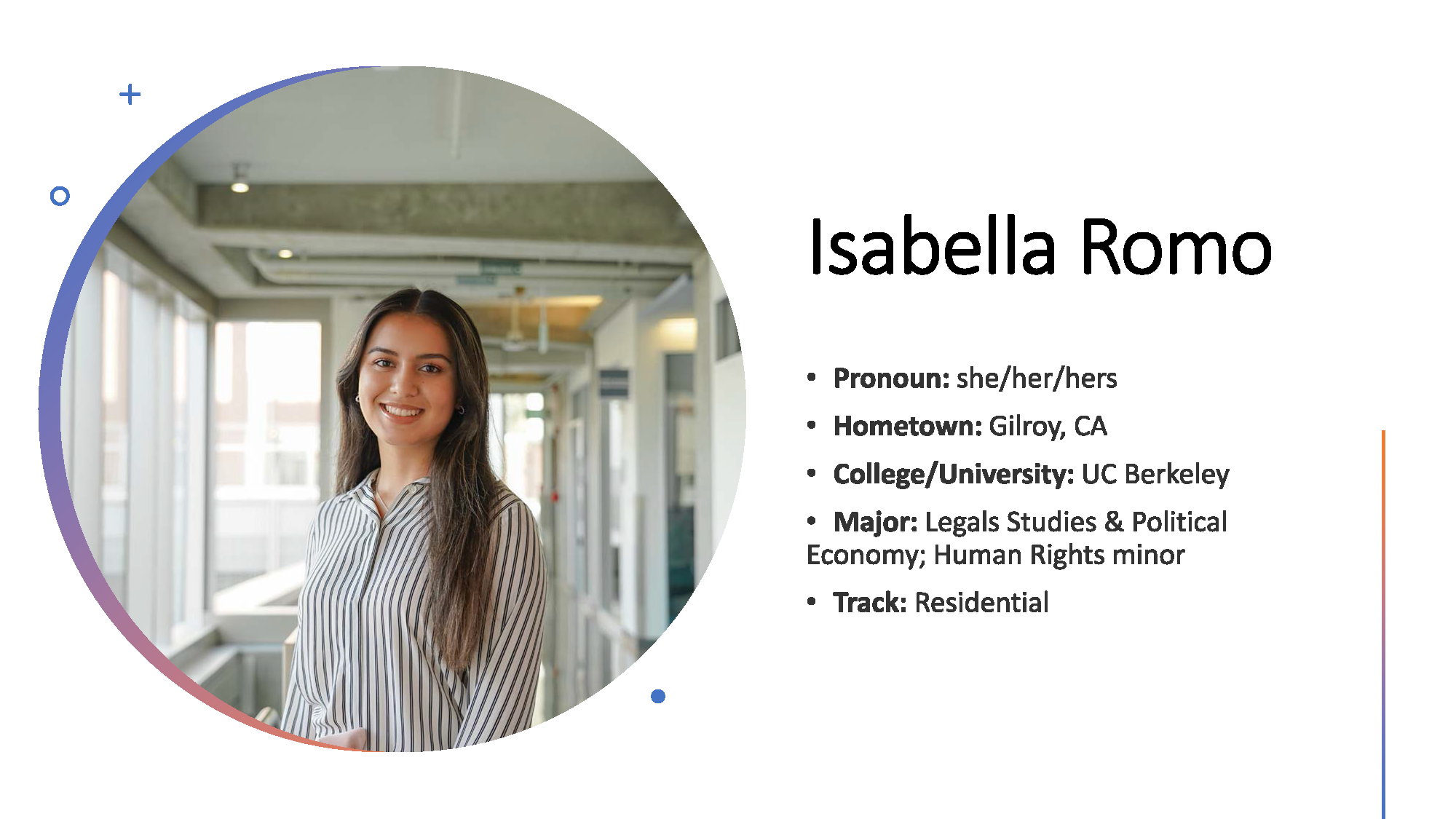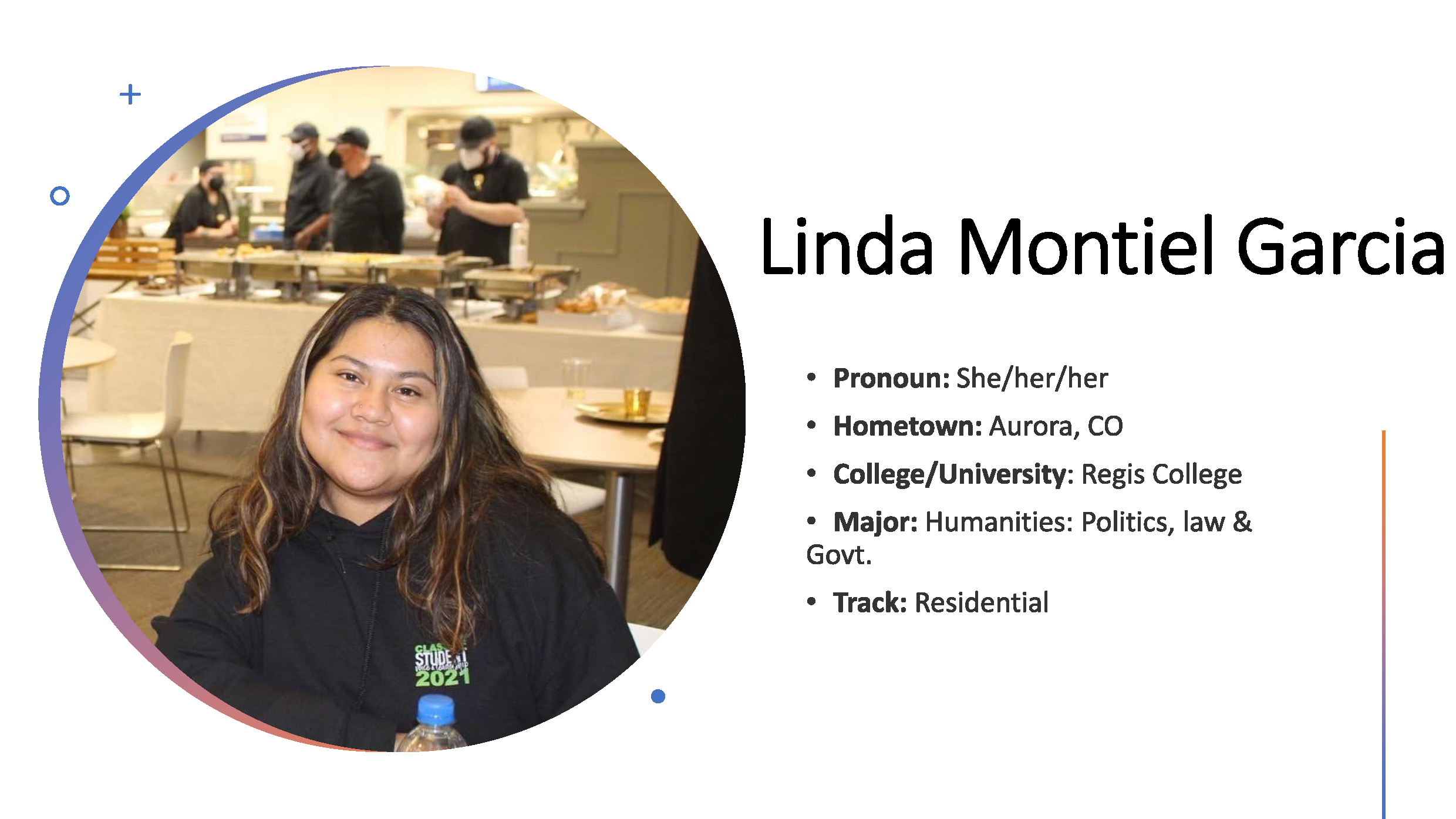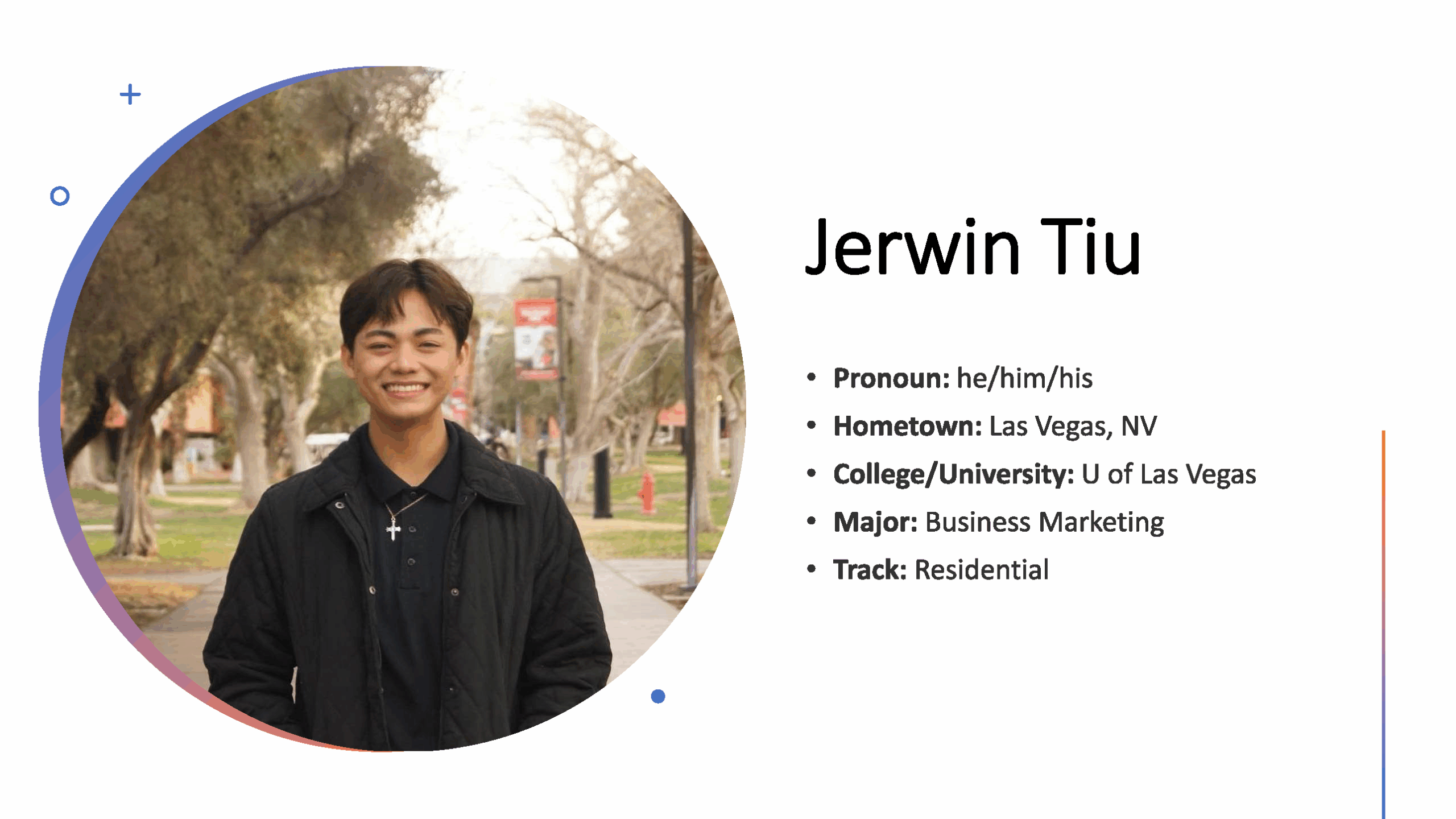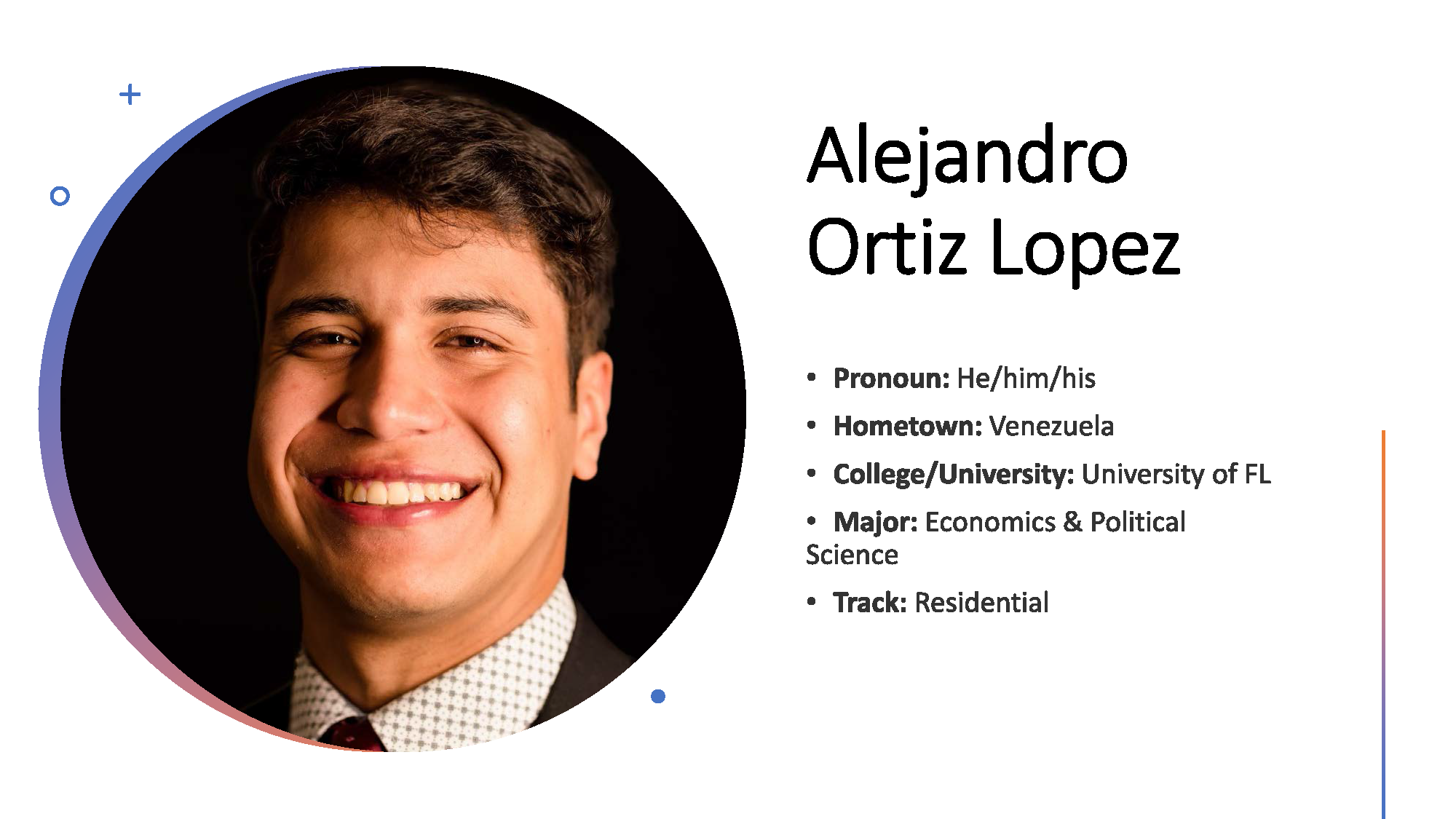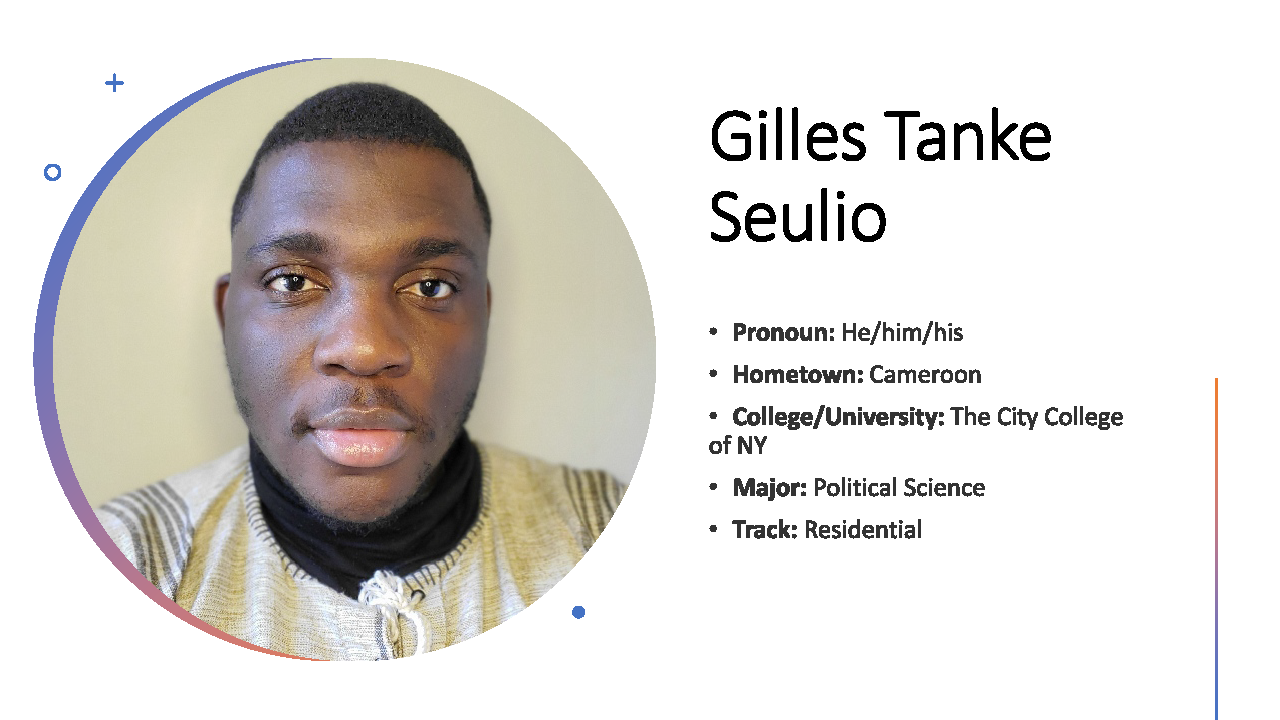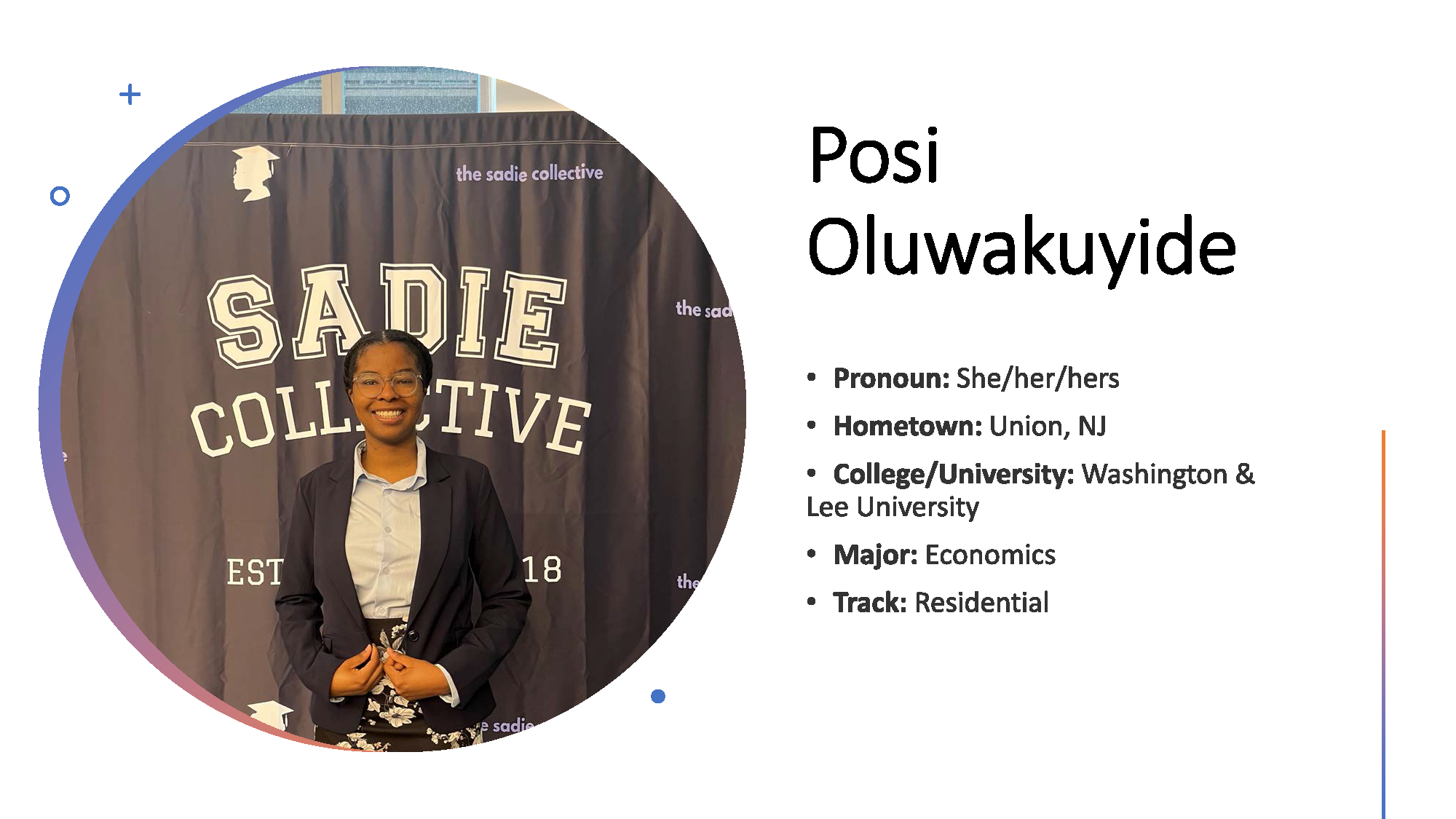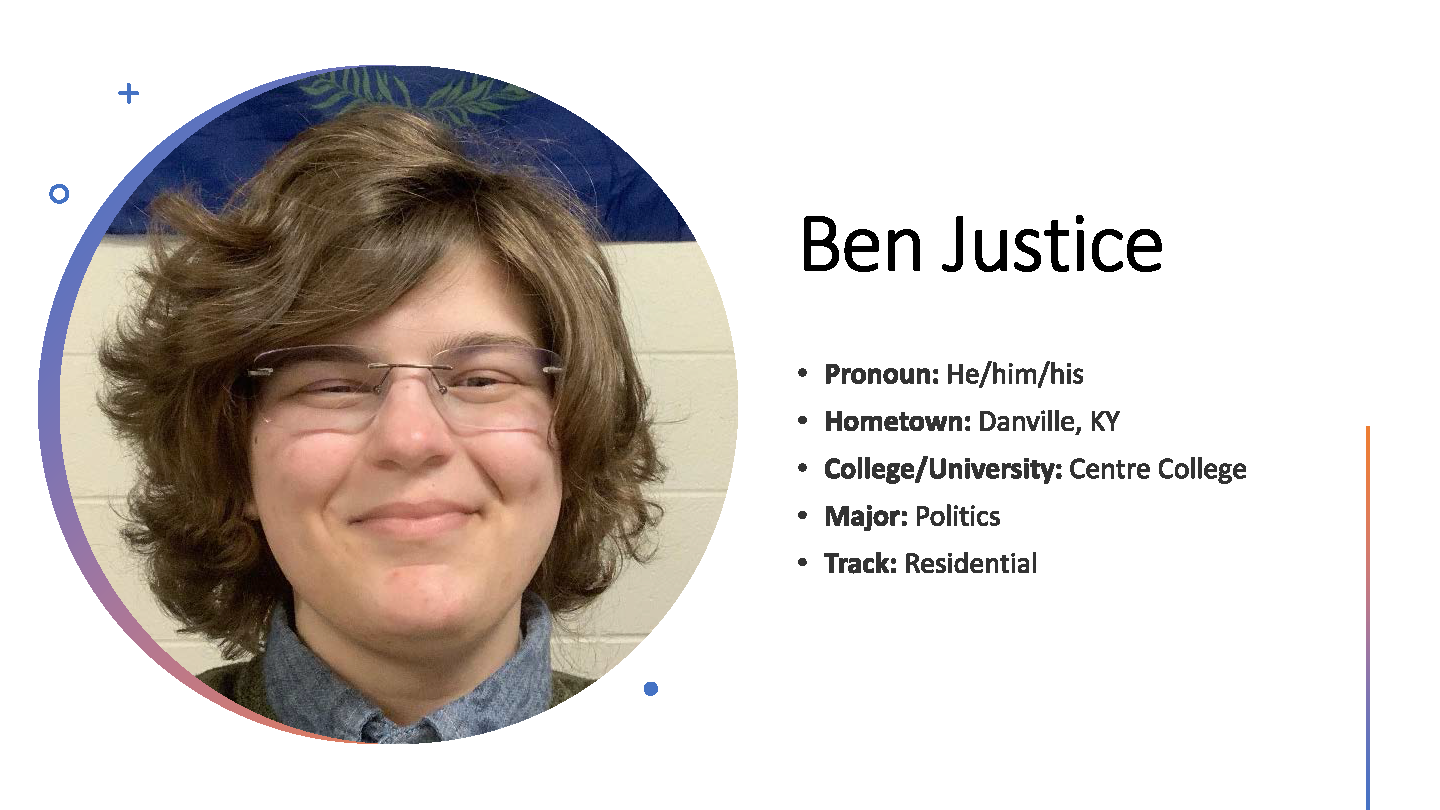
On July 31, 2023, the Evans School hosted the Evans School Alumni Summer Social—our first in-person Evans alumni gathering since 2020. The Evans School Alumni community gathered together to reunite with familiar faces, build new connections, and share a vision of impact for the next generation of public leaders.
The Junior Summer Institute (JSI) Scholars joined us as they wrapped up their seven-week program on campus. It was encouraging to see these emerging young leaders building connections with our alumni community.
The Evans School’s Junior Summer Institute hosts undergraduate students for a rigorous summer session which prepares students from historically under-represented communities for future pursuit of careers in public service. As Dean Sandfort shared at the event, we hope you will consider ways to support and partner in evans School programs like JSI to help equip the next generation of diverse public leaders.
Consider making a gift today.
Evening at a Glance
Where: The Burke Museum, 4303 Memorial Way Northeast, Seattle WA 98195
When: Monday, July 31, 202
- 4:30 PM: Doors Open
- 5:45 PM: Brief remarks from Dean Jodi Sandfort and Vora Savengseuksa, MPA 2013
- 7:00 PM: Goodnight
